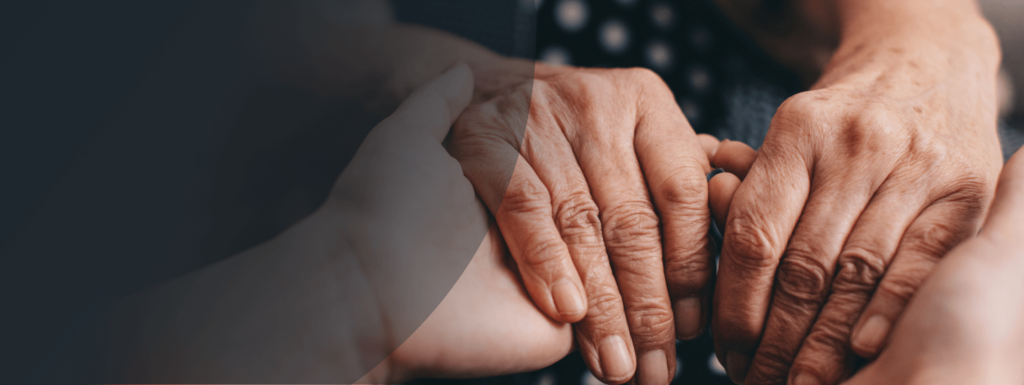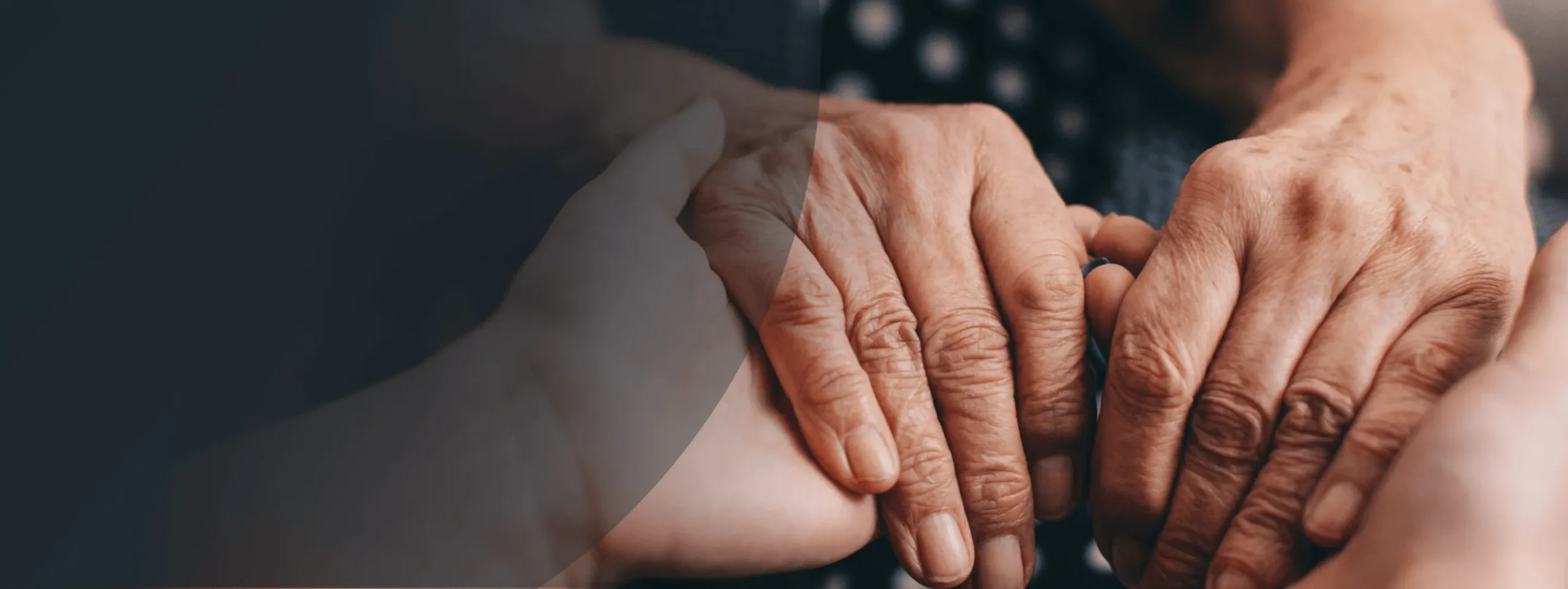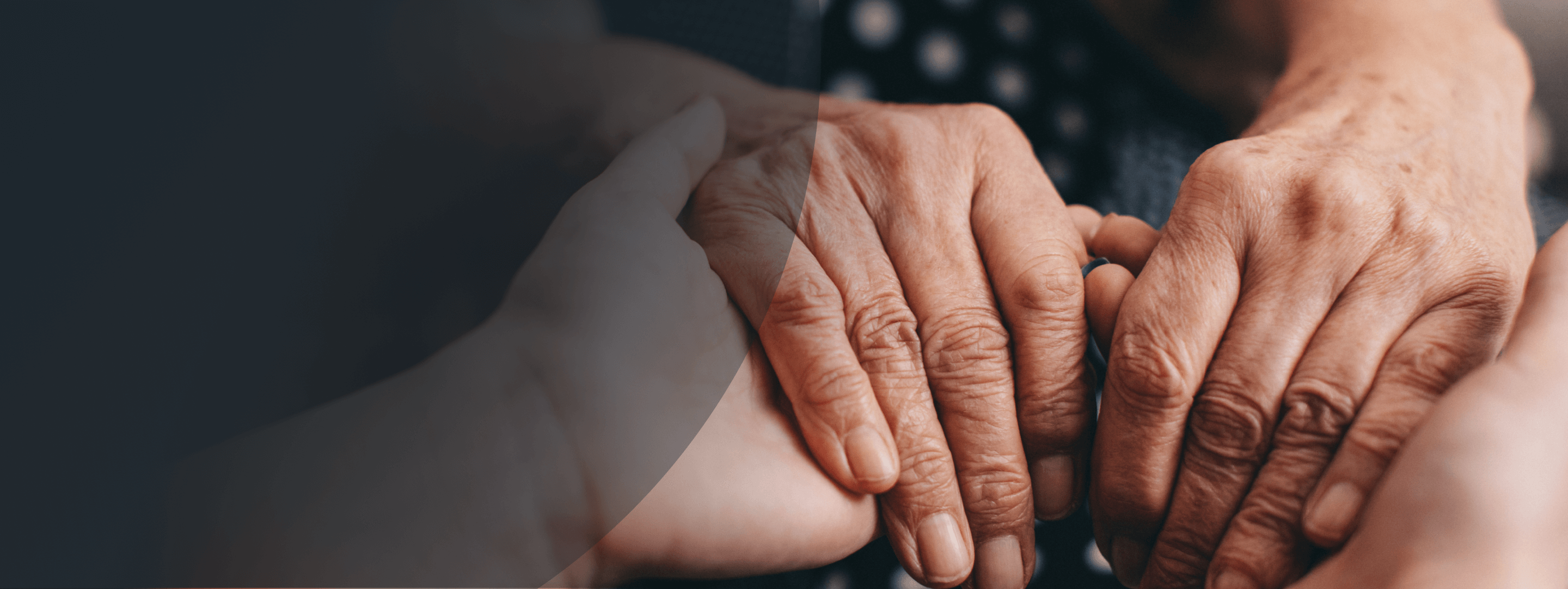Domestic violence is a serious legal issue in Australia, encompassing various forms of abuse. To protect victims, Australian law has established the Apprehended Domestic Violence Order (ADVO) and the Apprehended Personal Violence Order (APVO). This article provides an in-depth analysis of domestic violence from both the plaintiff’s (victim’s) perspective and the defendant’s (accused person’s) perspective, explaining its definition, types, legal framework, and the role of protection orders to help you understand your rights and obligations under the law.

What is Domestic Violence?
Domestic violence refers to abusive behaviour in a family or intimate relationship. It is not limited to physical violence but also includes psychological, emotional, financial, and social control. Below are the main types of domestic violence:
- Involves direct physical harm such as hitting, pushing, or strangling.
- Example: Common Assault, Assault occasioning Actual Bodily Harm, Choking, or Intended Causing Grievous Bodily Harm in domestic violence cases.
- Inflicting psychological harm through verbal abuse, threats, or intimidation.
- Example: Threatening to harm the victim, their family, or pets.
- Includes forced sexual acts or harassment.
- Example: Non-consensual sexual contact or assault.
- Controlling the victim’s financial resources, limiting their financial independence.
- Example: Preventing the victim from working or restricting access to bank accounts.
- Restricting the victim’s contact with family, friends, or external support.
- Example: Banning the victim from using a phone or social media.
Legal Framework for Domestic Violence in Australia
Domestic violence is strictly regulated under Australian law.
The main legal frameworks include:
Domestic violence behaviours may constitute criminal offenses, such as:
- Destroying or Damaging Property
- Common Assault
- Recklessly or Intentionally Causing Grievous Bodily Harm
- A court order designed to protect victims of domestic violence.
- Prohibits the perpetrator from approaching or contacting the victim or committing further violence.
- Applies to non-domestic violence situations, such as disputes between neighbours, colleagues, or strangers.
- Functions similarly to ADVO but covers a broader scope of individuals.
ADVO and APVO: Understanding Protection Orders
ADVO (Apprehended Domestic Violence Order):
- Protects victims in domestic or intimate relationships from further harm.
APVO (Apprehended Personal Violence Order):
- Applies to violence between non-family members, such as neighbours or coworkers.
- Prohibit the perpetrator from approaching the victim or their family.
- Forbid contact via phone, text, or social media.
- Restrict the perpetrator from entering the victim’s home, workplace, or school.
- Breaching a protection order may result in criminal charges.
- The protected person (PINOP) can apply through the local court.
- Police officers may also apply on behalf of victims when investigating domestic violence cases.
- PINOP must provide evidence such as medical reports or witness statements.
Legal Consequences of Domestic Violence
- Criminal Charges
• Perpetrators may face imprisonment, fines, or other penalties. - Breaching a Protection Order
• Violating an ADVO or APVO may result in up to 2 years in prison or a fine. - Family Law Implications
• Domestic violence may impact child custody and property settlements.
Guide for Plaintiffs (Victims) & Guide for Defendants (Accused Persons)
- Seek Immediate Help
• Call the police: Dial 000 for emergencies.
• Contact support services: Call 1800RESPECT, Australia’s national domestic violence helpline. - Apply for a Protection Order
• Request an ADVO or APVO from the local court.
• Provide supporting evidence such as medical records and witness testimonies. - Ensure Personal and Child Safety
• Develop a safety plan to find a secure place in emergencies.
• If children are involved, apply for temporary custody orders. - Seek Legal Advice
• Consult a criminal lawyer to understand your rights and legal options.
• A Criminal lawyer can assist with filing a protection order, handling family law matters, or initiating criminal charges.
If you have been accused of domestic violence or issued a protection order, here’s what you need to know:
- Understand the Charges
• Carefully read the protection order to understand the restrictions imposed.
• If you dispute the charges, seek legal advice. - Comply with the Protection Order
• Strictly follow the terms of the ADVO or APVO to avoid further legal trouble.
• If the order is unfair, you may apply for a modification or dismissal in court. - Prepare a Legal Defence
• If facing criminal charges, consult a AVO lawyer to build a defence strategy.
• A criminal defence lawyer can help gather evidence, represent you in court, or negotiate with the prosecution. - Seek Support
• If struggling with mental health issues, consider counselling or therapy.
• Participate in domestic violence intervention programs to improve behaviour.
Where to Seek Help?
Regardless of whether you are a plaintiff or defendant, the following resources can provide assistance:
- Emergency Assistance
• Dial 000 to report domestic violence incidents. - Legal Advice
• Consult a criminal lawyer to understand your rights and legal options. - Support Services
• 1800RESPECT (National Domestic Violence Helpline) – 1800 737 732
• Lifeline (Mental Health Support) – 13 11 14
• 铭石律师(Brightstone Legal): 0292231999
Domestic violence is a serious legal issue in Australia, covering various forms of abuse. ADVOs and APVOs play a critical role in protecting victims. Whether you are a victim or accused, understanding your legal rights and obligations is crucial. If you or someone you know is experiencing domestic violence, seek help immediately to protect yourself and others.
新闻文章

刑事辩护 | 刑事律师Alex受邀澳政府与SBS合作项目:理解性同意
18/12/2024
刑事辩护 | 澳洲家暴虚假指控与伪证案例分析:家暴律师的作用与法律后果
26/06/2024
刑事辩护 | 以为逃回国澳洲法律就没办法?
21/02/2024
刑事辩护 | 刑事案件选华人律师还是西人律师?
21/02/2024







